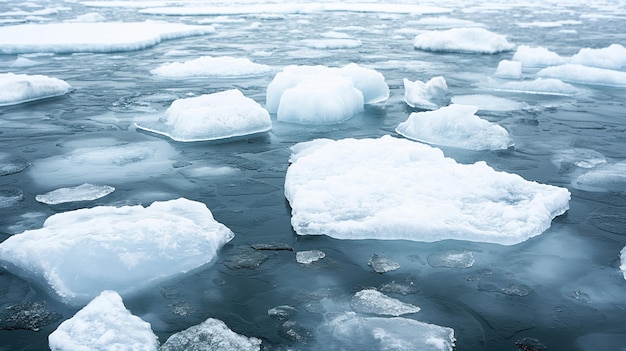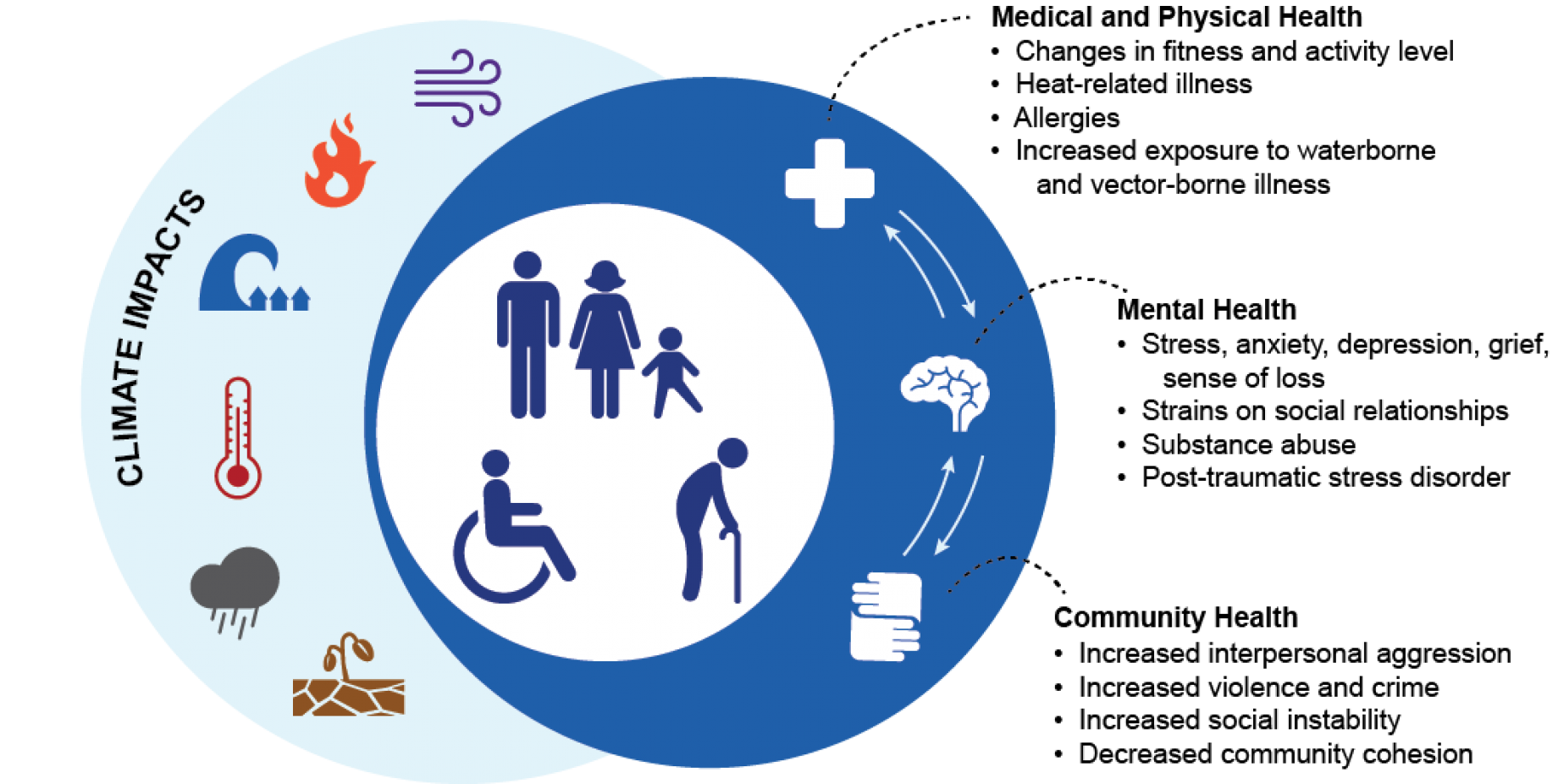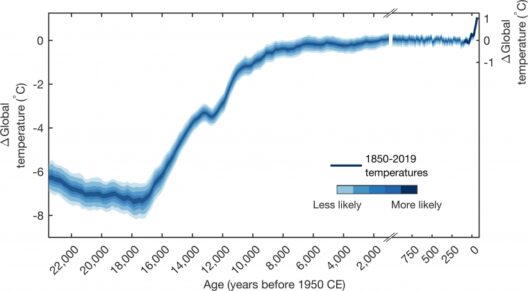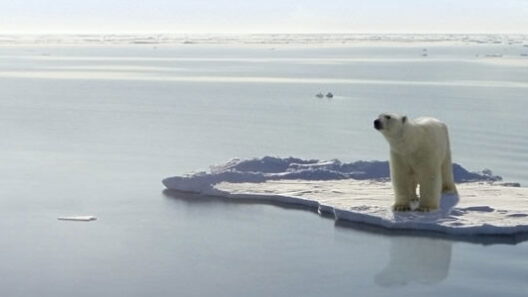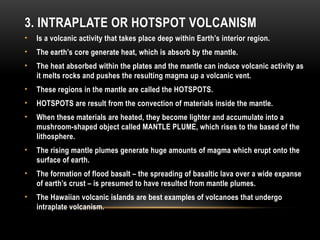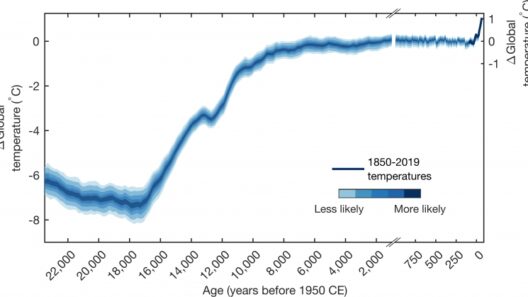Global warming has become a critical issue of our time, particularly evident in the striking transformations occurring in the polar regions. The Arctic, a stark and beautiful expanse, is undergoing radical changes, with consequences that reverberate through its unique ecosystem. Among the most iconic inhabitants of this region are polar bears, whose plight serves as a harbinger of the broader repercussions that global warming entails for Arctic wildlife.
When one thinks of the Arctic, images of vast icefields and majestic polar bears often come to mind. These bears, scientifically known as Ursus maritimus, are perfectly adapted to their frigid environment. They rely on sea ice for hunting seals, their primary prey. However, as global temperatures rise, the sea ice is diminishing at an alarming rate. The National Snow and Ice Data Center reported that Arctic sea ice extent has been declining, with significant reductions observed over the past few decades. This rapid melting poses an existential threat not only to polar bears but to the entire Arctic ecosystem.
The diminishing ice leads to a cascade of ecological disruptions. As polar bears are forced to swim longer distances to find food, their hunting efficiency declines. The energy expenditure associated with extended swimming can lead to malnutrition and, ultimately, starvation. Adverse health outcomes also manifest in decreasing reproductive success, with mothers unable to provide adequate nourishment for their cubs. Thus, the life cycle of polar bears is intricately entwined with the stability of the ice they depend upon.
However, the plight of polar bears is merely a microcosm of far-reaching consequences stemming from climate change. Numerous other species are similarly affected. For instance, walruses, seals, and several species of seabirds also rely on the marine ice ecosystem. Walruses, in particular, require stable ice for resting and nursing their young. With diminishing ice, these mammals often gather in overcrowded conditions on land, leading to heightened competition for resources and increased mortality rates among vulnerable calves.
The ripple effects extend beyond immediate predation and species interactions. As sea ice declines, the ocean undergoes alterations in temperature and salinity, leading to changes in nutrient availability and the distribution of marine phytoplankton. Phytoplankton form the foundation of the Arctic food web, and any shift in their abundance can have cascading effects that influence the entire ecosystem. Consequently, species that are dependent on these primary producers, including fish species crucial to the diets of both marine and terrestrial predators, are also at risk.
Moreover, the decline of ice cover is not solely a biological issue; it raises significant socio-economic concerns too. Indigenous communities that have depended on the Arctic’s resources for millennia find their traditional lifestyles disrupted. As species migrate or decline, the subsistence hunting and fishing practices critical for cultural survival face existential threats. Decrease in biodiversity coupled with increased human encroachment disrupts these communities’ relationship with the land, further compounding the issue.
The impact of climate change on Arctic animals invites a reexamination of our carbon footprint. The unabated burning of fossil fuels and deforestation exacerbate the greenhouse effect, thus escalating the rate of global warming. It is imperative for global citizens to comprehend the interconnectedness of these issues, recognizing that the degradation of polar ecosystems is indicative of larger environmental changes experienced worldwide.
To mitigate these impacts, it is vital to foster international collaboration and enforce stricter climate policies aimed at reducing greenhouse gas emissions. Conservation efforts must also be prioritized to promote habitat resilience and recovery. Establishing marine protected areas, for example, can help bolster ecosystems against the rapid changes of warming waters. Additionally, initiatives fostering sustainable practices in industries that contribute to climate change must be advocated and adopted globally.
Public awareness is pivotal in this endeavor. Educating people about the intricate relationships between global warming and Arctic wildlife fosters empathy and drives action. A deeper understanding of these phenomena not only inspires advocacy but encourages individuals to adopt sustainable practices in their daily lives, ultimately cultivating a broader culture of environmental stewardship.
The narrative of polar bears is but one chapter in the story of Earth’s polar regions. The dramatic changes inflicted by global warming illuminate a pressing need for immediate action. Through both micro-level initiatives and macro-level policies, there is hope for the Arctic ecosystem and its inhabitants. It is a moral imperative to recognize that the preservation of these vulnerable species is inherently tied to the resilience of our planet.
In conclusion, the devastating impact of global warming is not confined to the Arctic alone. It is a clarion call for humanity to engage with the pressing issue of climate change, emphasizing the urgency for tangible commitments to conservation and sustainability. The fate of polar bears and a multitude of other Arctic animals exemplifies the broader ecological consequences of our actions. Bridging personal responsibility with collective action is crucial in addressing this profound challenge facing our planet.



